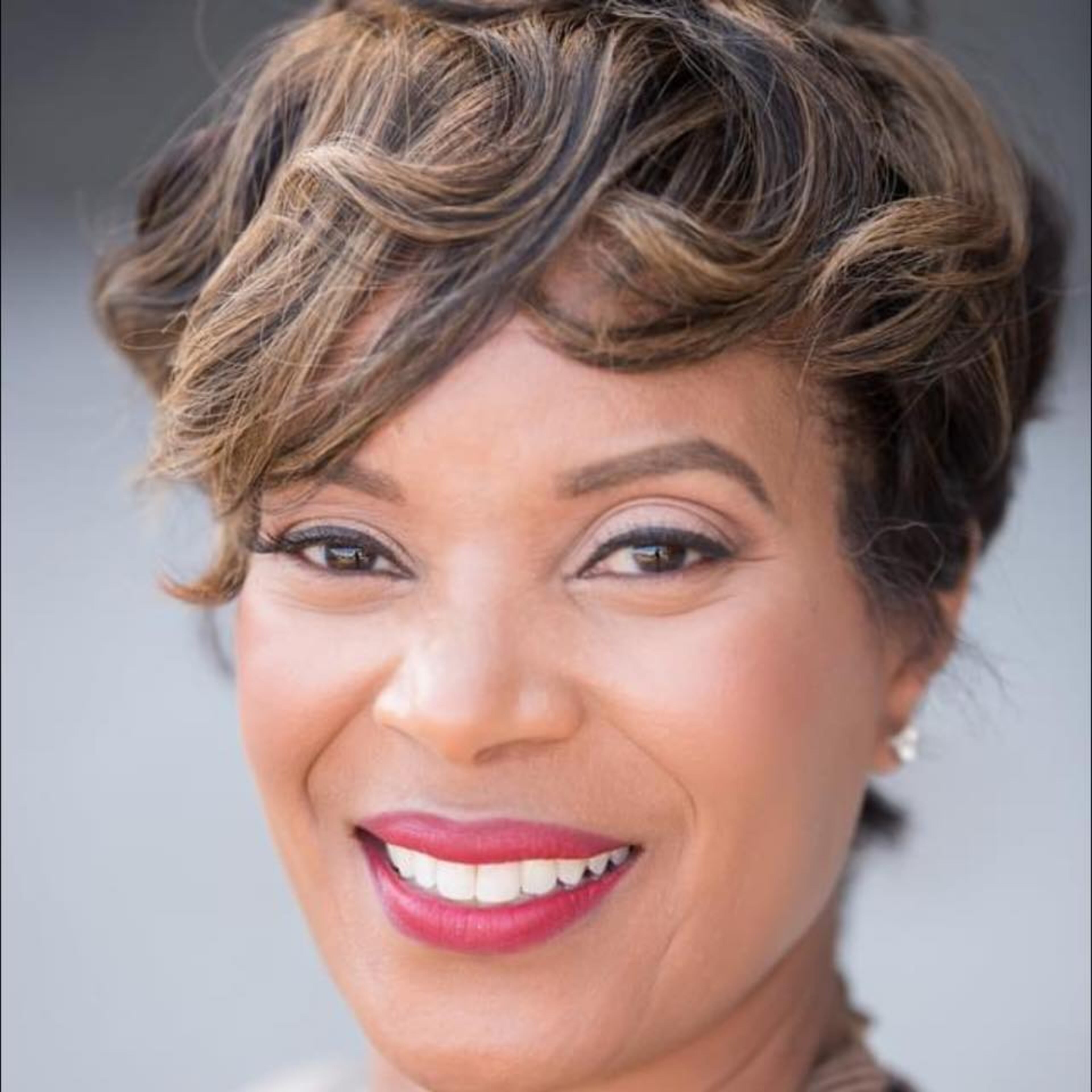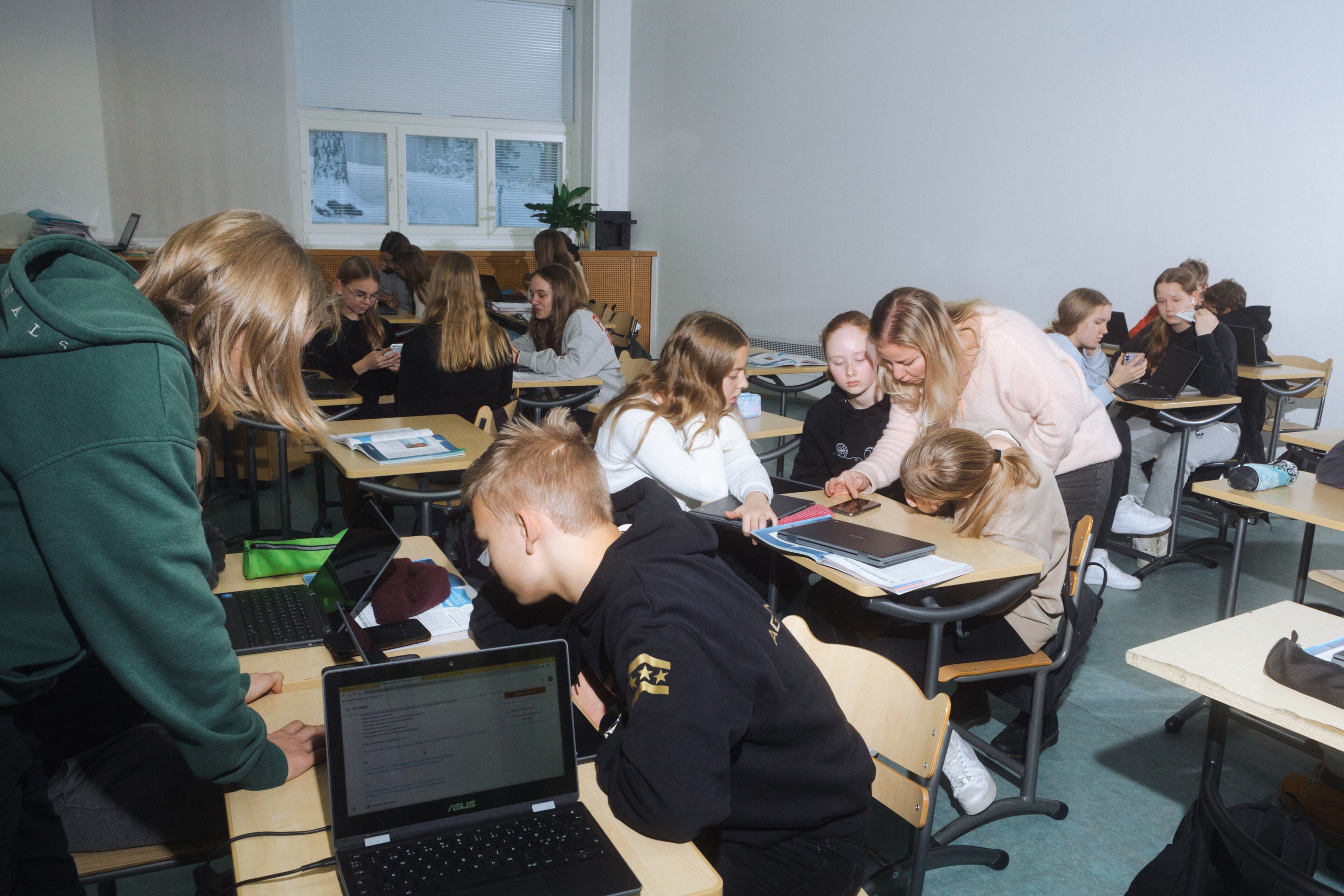Finland can teach lessons on education

I recently had the privilege of visiting Finland, a country renowned for its commitment to educational excellence and equity. This eye-opening experience has reaffirmed my belief in the need to prioritize excellence and equity in our educational agenda.
One key takeaway from Finland’s education system is its unwavering dedication to educational excellence. Unlike many other countries, Finland emphasizes education quality over standardized testing. This approach ensures students receive a meaningful learning experience that fosters critical thinking and problem-solving skills.
This unique approach allows students to be free of standardized testing. Instead, students are pushed to chart their own course of learning and foster creativity, which allows their talents to flourish. This philosophy is a learning experience that bolsters critical thinking and problem-solving instead of rote memorization.
Finland’s commitment to excellence is evident in its approach to teacher training. Teachers undergo extensive training, equipping them with the skills and knowledge to provide high-quality education. This emphasis on teacher development ensures educators are prepared to nurture and guide students to reach their full potential. A 2018 report by the Organization for Economic Cooperation and Development (OECD) Teaching and Learning International Survey indicated that 88 percent of Finnish teachers are satisfied with their careers.
Another remarkable aspect of Finland’s education system is its commitment to equity. Student financial support is guaranteed for immigrants, low-income individuals and those coming from unemployed or undereducated households.
Finland has demonstrated that every child deserves equal access to quality education, regardless of background or location. Finland’s belief that “every school is a good school” has significantly reduced educational disparities, creating a level playing field for every child. By studying their approach to equity, we can work towards eliminating educational inequalities and building a more inclusive educational system in Georgia.
A transformative educational philosophy we encountered in Finland is the concept of “No Dead Ends.” This philosophy emphasizes the importance of allowing students the freedom to explore diverse learning paths without predetermined limitations. By encouraging individuality and personalized learning experiences, Finland empowers students to follow their passions and develop their unique strengths. The “No Dead Ends” philosophy extends beyond traditional academic pathways to include technical and university-level education.
Finland values technical and vocational education which offers students diverse opportunities for personal growth. This approach recognizes the importance of having skilled individuals in various fields, including the arts, sciences and technology. It equips young people with both academic knowledge and practical skills needed for success in our changing world.
Many have suggested that Finland has found remarkable success in its education system due to a lack of diversity within its population. However, this ignores the fact that Finland faces its own set of unique challenges. The city of Helsinki, for instance, has a population of roughly 632,000 and over 130 different languages are spoken. The presence of various languages presents challenges when offering flexible and inclusive educational approaches that guarantee quality education access for all students. Finland’s commitment to equity even in the face of diverse linguistic needs, exemplifies the nation’s dedication to creating fairness and a successful educational system.
Everything we should be doing in Georgia and the United States educationally is happening in Finland. This realization highlights not only the potential for transformative change but also the urgency with which we must pursue it.
Drawing inspiration from Finland’s education system, we can aspire to create a Georgia where educational disparities are eliminated and every student has equal access to quality education. This ambition requires advocating for policies and practices that bridge the gaps in access and outcomes. By prioritizing excellence and equity in education, we can empower our students to reach their full potential and contribute positively to society. These philosophies are not only an investment in students and individuals, but as a society at-large. A well-educated society brings in economic growth and reduces social inequalities.
Let us learn from Finland’s successes and strive to build a brighter future for the students of Georgia.
State Sen. Sonya Halpern serves as vice chair of the Senate Democratic Caucus. She represents Senate District 39, which includes Fulton County neighborhoods in Atlanta, College Park, South Fulton, East Point and Union City.




